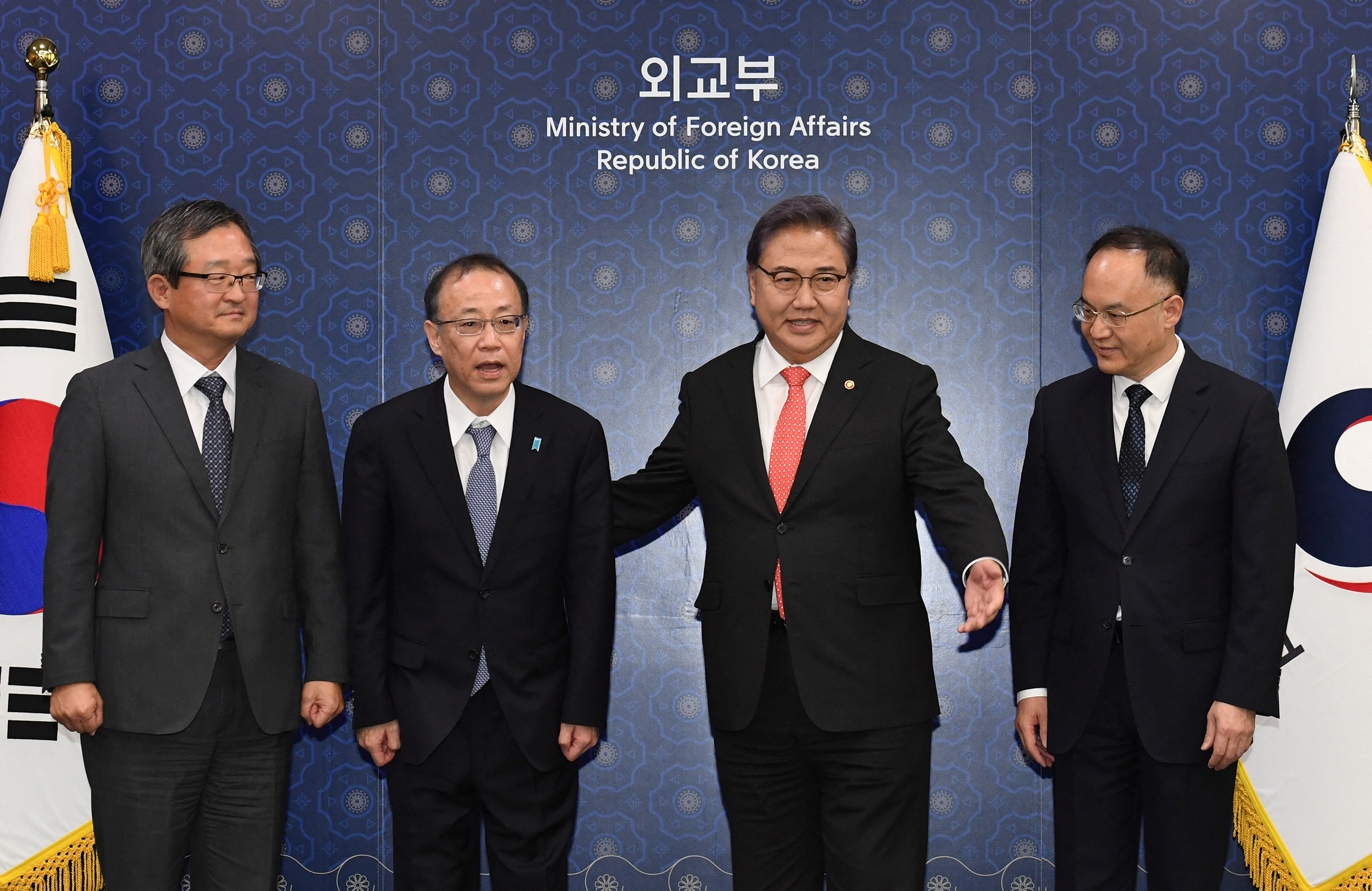In an alarming showcase of global power dynamics, China’s economic coercion reveals how Canada, Australia, and Japan are ensnared in an intricate web of dependency. These nations, previously seen as middle powers, are now caught between the United States and an increasingly assertive China, with their sovereignty at stake.
Economic Dependency Exposed
As reported by Treasury.gov.au, China exports 74 percent of its goods to Australia and 66 percent to Canada, illustrating a staggering level of economic interdependence. This dependency not only highlights vulnerabilities but also exposes the fragility of these nations’ foreign policy autonomy. The recent economic tensions have left these countries scrambling for alternatives, yet they remain tethered to China’s market.
The Illusion of Strategic Agency
Chinese analysts have painted a picture of optimism regarding diplomatic resets with Canada and Australia, but as Michael Kovrig notes, this is more about cautious recalibration rather than a genuine rapprochement. The gap between China’s conciliatory words and its actions, characterized by political interference and human rights violations, underscores the illusion of agency that these middle powers possess. They are not negotiating from a position of strength.

Australian democracy at a glance | Reuters
Trade and Military Coercion at Play
China"s tactics have evolved into a sophisticated strategy of coercion, employing economic and military intimidation to maintain dominance. Justin Bassi highlights that while tariffs on Australian goods may have dissipated, the threat of military and economic repercussions looms large. This coercive playbook leaves Australia, Canada, and Japan in a precarious position, where economic normalization does not equate to political détente. The balance of power has shifted alarmingly in favor of China.
Western Unity Fraying Under Pressure
What is remarkable is how China has successfully exploited fractures in the Western alliance, particularly with the United States adopting a more unilateral approach to foreign policy. This has caused distrust among its allies, who now question the reliability of American power in the face of rising Chinese influence. The failure of multilateral agreements under previous administrations has created a vacuum that China is all too eager to fill, leaving nations like Canada and Australia scrambling to find their footing.

South Korea, Japan, China agree to hold summit at "earliest ...
Environmental Justice Compromised
The implications of this geopolitical tug-of-war extend far beyond trade and military alliances. For marginalized communities in Australia, Canada, and Japan, the prioritization of economic relationships over environmental protection is a grave concern. As these nations seek to deepen ties with China, the environmental repercussions must be scrutinized. Natural resources will be exploited to fuel this economic interdependence, disproportionately affecting Indigenous and low-income communities who bear the brunt of ecological degradation.
China’s coercive strategies have not only geopolitical ramifications but also environmental justice implications that must be addressed. As nations navigate this complex landscape, the voices of those most impacted—the marginalized communities—must be amplified and prioritized in discussions that shape the future of international relations.







![[Video] Gunfire between Iraqi security forces and Sadr militias in Baghdad](/_next/image?url=%2Fapi%2Fimage%2Fthumbnails%2Fthumbnail-1768343508874-4redb-thumbnail.jpg&w=3840&q=75)
